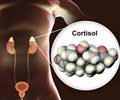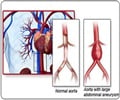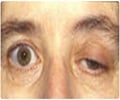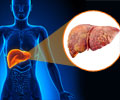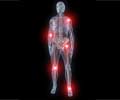- Harrison's Principles of Internal Medicine 17th edition
About
Autoimmune disorders occur when the immune system fails to recognize the body as ‘self’ and attacks it.
Every person has an immune system consisting of white blood cells and antibodies. The immune system recognizes what belongs to the body and attacks anything that is foreign. Thus it fights against bacteria and other invading organisms and protects the body against them. Sometimes, unfortunately, it mistakes healthy body tissue as foreign and targets it. This leads to disorders called autoimmune disorders.
Autoimmune diseases can affect any body system. Some like systemic lupus erythematosus and Goodpastures’s syndrome affect multiple systems as well. The cause of autoimmune disorders is not known. It could be pre - determined in the genes. A number of external factors such as stress may play a role. A bacterial or viral infection could also stimulate autoimmunity. Some antibodies that develop to infections may cross react with body tissues and damage them. Some parts of the body such as the brain and the front part of the eye are not normally exposed to white blood cells. If these parts are exposed to the cells during injury, the white cells do not recognize them and treat them as foreign, resulting in autoimmune reaction.

Tests to diagnose autoimmune disorders are specific to each disease. Some tests like ESR and C Reactive protein are general tests that may indicate presence of inflammation.
Autoimmune disorders are treated with drugs that suppress immunity like corticosteroids and immunosuppressants. They are also treated with medications that provide relief in the particular disease, for example antithyroid drugs for Graves disease. With treatment, the autoimmune disease may disappear i.e. patient may go into remission, or the patient may relapse or experience flare- up of the disease.





